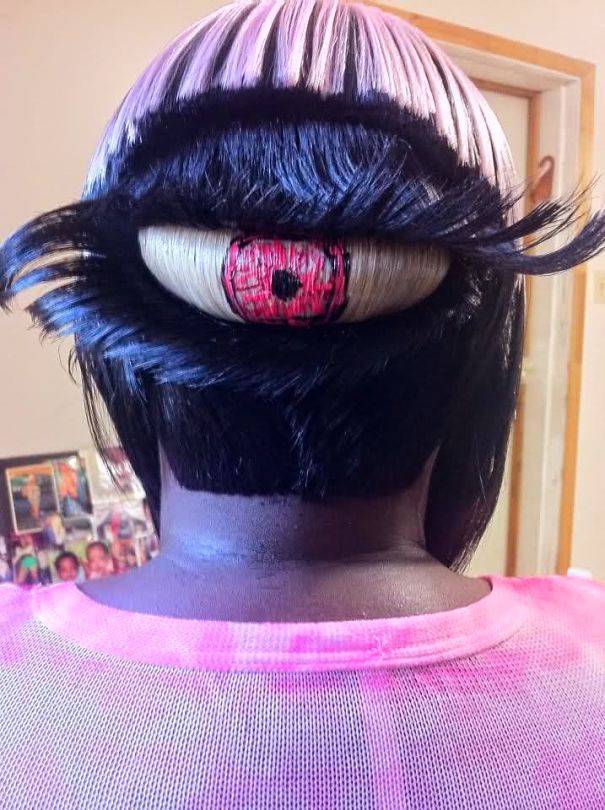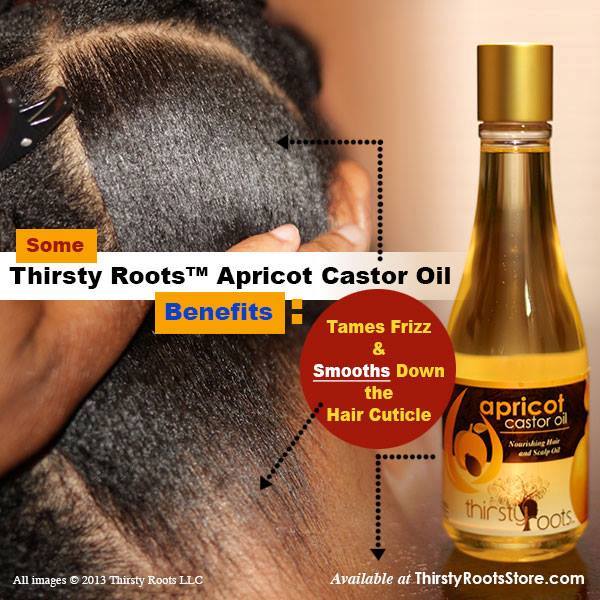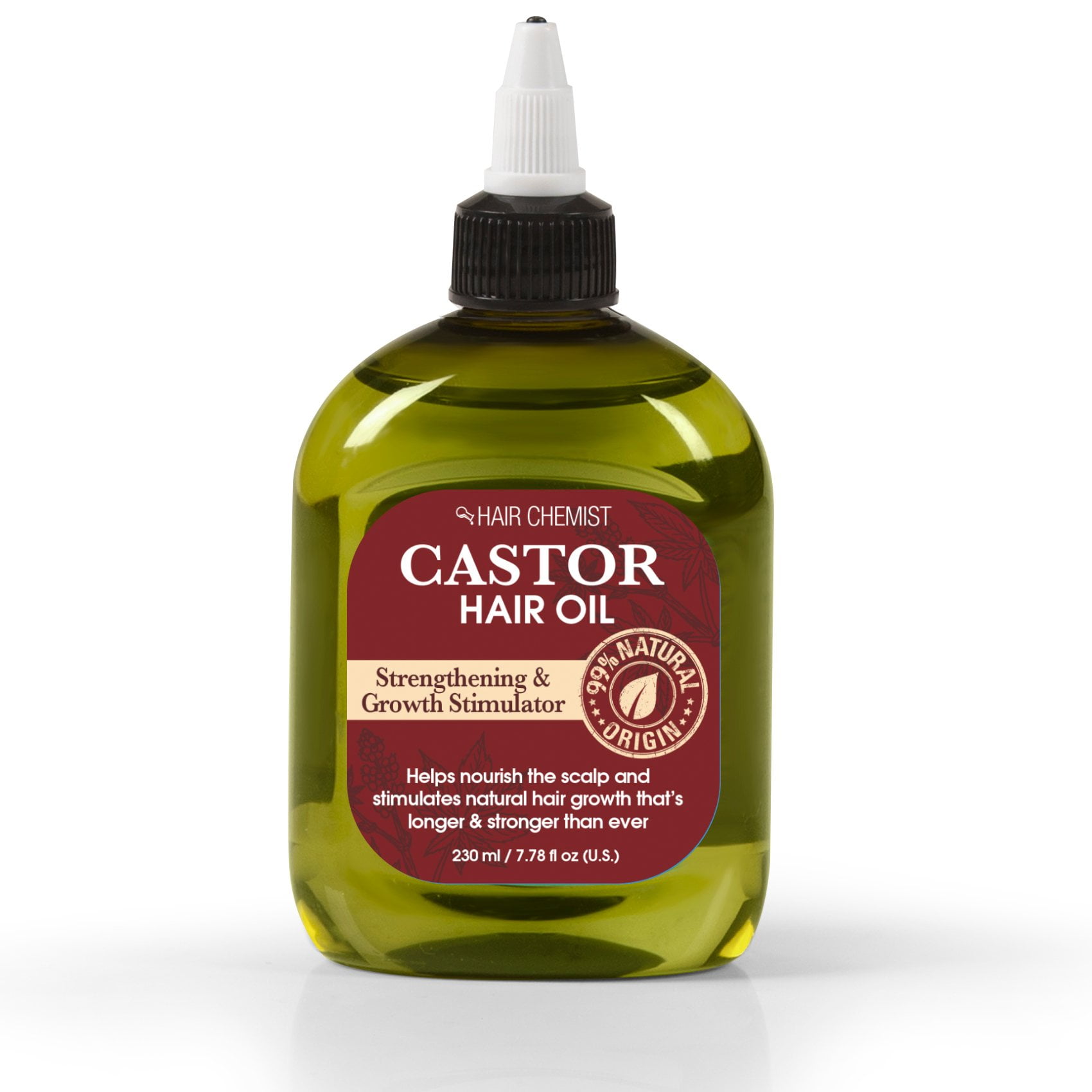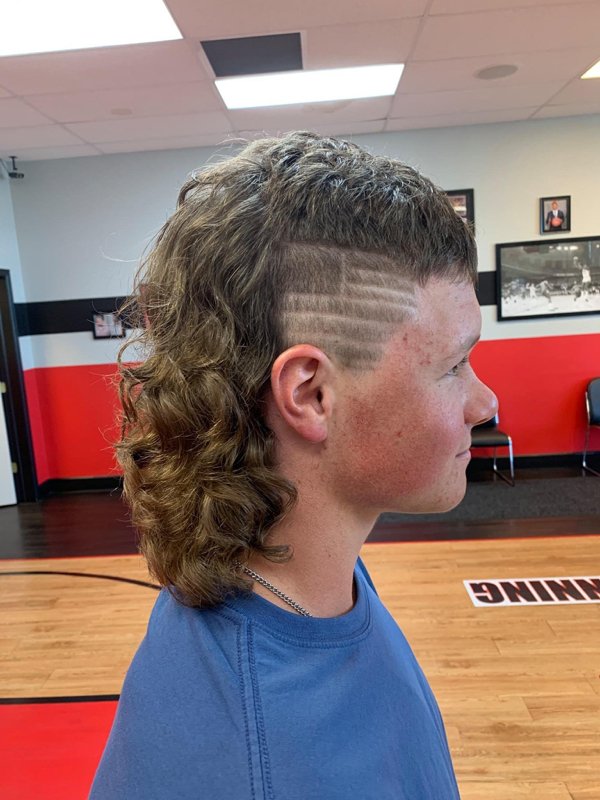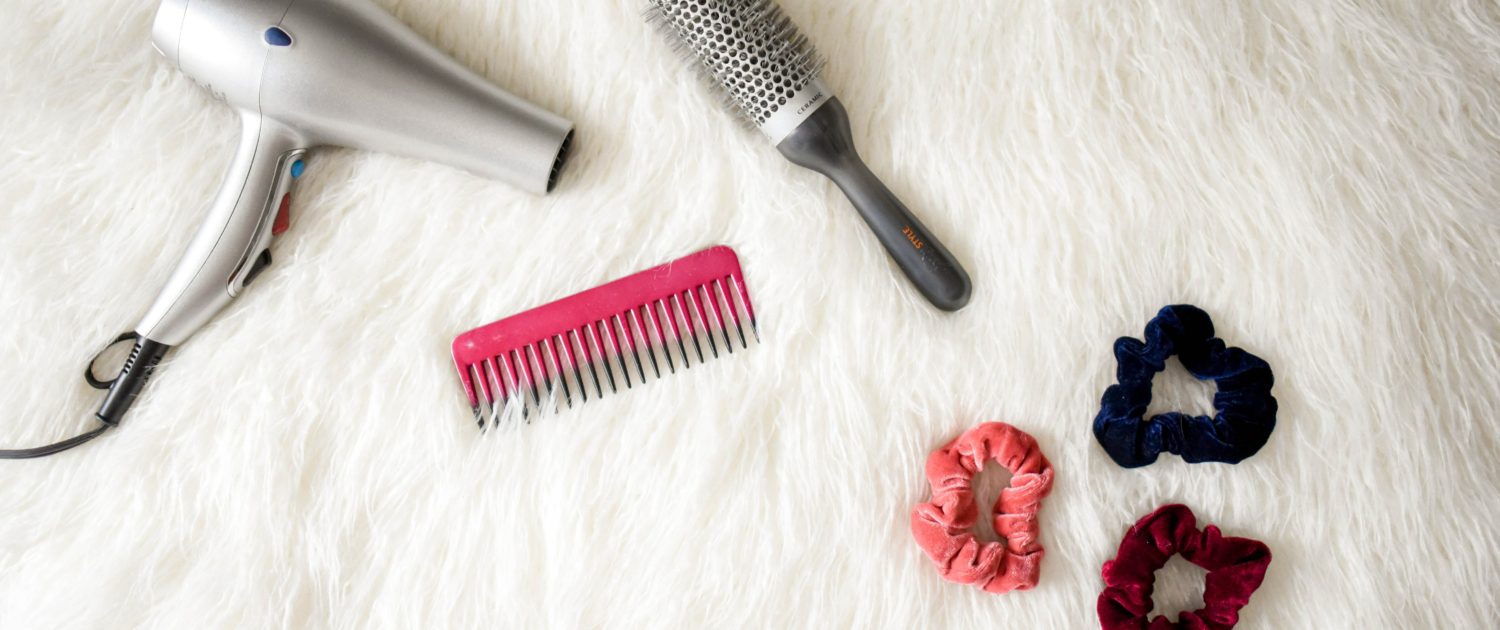Table Of Content

Many claims have been made about the benefits of using castor oil on your hair. However, little evidence supports the anecdotes that say it improves hair health and growth. Castor oil comes from the castor bean, which is rich in ricinoleic acid—a type of fatty acid known to fight inflammation. Swimming in saltwater can dry hair out, so next time you go to the beach or the lake, pre-treat your hair with a light coating of castor oil. It's a natural vegetable oil, so it will biodegrade in the environment and will keep your locks moisturized while you swim. The Amika hydrating hair oil is infused with castor oil, jojoba oil, coconut oil and even more added goodness.
How to Use Glycolic Acid, Serum and Oil Together on Hair?
Vitamin E contributes to rapid cell turnover, reduces oxidative stress in the scalp, and decreases hair loss (13). Hair growth is a surprisingly common concern, and there are all kinds of products out there—from vitamins, to serums, to oils—that promise to deliver those Rapunzel-like strands. Similarly to castor oil, the consensus on rosemary oil is unclear, but the evidence is promising. Other treatments like minoxidil (Rogaine) are proven with studies, glowing reviews, and success stories to boot. However, treatments like minoxidil require ongoing effort and upkeep with application, which must be considered. Regardless of the reason, losing hair can be stressful, and we get the temptation of trying at-home remedies like castor oil.
What can you do to help hair grow?
The castor oil seemed to help make this hair patch smoother, though it grew at a faster rate than the rest of my hair. I prefer to make my own, but there are some pre-made options (this is a good one that I’ve tried in the past). I’ve been experimenting a lot with castor oil lately as a natural beauty remedy. I already use it in my oil cleansing blend each day, and I’m enjoying the results from using castor oil packs on my skin.
Benefits of Castor Oil for Hair
She has also written for WomensHealthMag.com, Elle.com and HealthCentral.com.
However, you'll want to ensure you or others in your home do not accidentally swallow the castor oil. If the skin around your eyes and brows gets irritated, wash the castor oil off right away. If you want to use castor oil on your eyebrows or eyelashes, be very careful not to get any of the oil in your eyes. Diluting the castor oil can also tone down the scent, which many people find unpleasant.
How long should you leave castor oil in your hair?
Below, find insights from a hair expert, cosmetic chemist, and board-certified dermatologist, and learn everything there is to know about using castor oil for your hair. It seems as if every other day there's a new skin or hair ingredient en vogue that's suddenly deemed the miracle worker we've been waiting for. Considering that we live in the age of TikTok and light-speed trend cycles, this isn't necessarily surprising, but it does make us question what does and doesn't work. For moments like this, we dive head-first into the research (and call upon the experts), to determine whether our beauty routine actually needs another step.
Castor Oil Benefits: Does It Work For Skin, Hair or Digestion? - TODAY
Castor Oil Benefits: Does It Work For Skin, Hair or Digestion?.
Posted: Wed, 24 Jan 2024 08:00:00 GMT [source]
Castor oil is an age-old beauty treatment that has been largely replaced over time by fancier beauty products with more ingredients and a bigger price tag. Along with helping reduce dryness and breakage, the extra moisture can also contribute to shinier, healthier-looking hair. If you have dandruff, it is best to avoid using castor oil on your hair.


When not podcasting, she spends most of her time curled up with a good book or watching a period piece on BBC. For maximum benefit, I leave the treatment on for several hours or overnight. After applying, I use a shower cap or towel to avoid getting the oil on furniture or a pillow.
Nazarian says that while the oil is a known irritant for many, strategically applying a very small amount to eyelashes or eyebrows may help induce regrowth through a specific, localized region. If you're concerned about getting an allergic reaction, do a test patch on a small area of your skin before applying it to these sensitive areas. Castor oil is a nutrient-dense oil extracted from pressed seeds of the castor oil plant Ricinus communis, which is mainly grown in India, South America, Africa, and China. The produced oil typically has a pale-yellow or almost colorless appearance with a subtle mild scent.
(You can wear a shower cap to protect your clothes or sheets.) Then, rinse thoroughly. Yates says that creating an at-home natural castor oil treatment is also an easy option, and it can be used in various ways. To create a pre-shampoo treatment, she suggests applying a castor oil mixture on the mid-lengths and ends of hair to help alleviate dryness sometimes caused by shampooing super damaged ends or overprocessed hair. “This will help protect damaged ends from becoming over-dry due to the detergents found in shampoos or even the harshness of the water,” she says. "Castor oil is rich in anti-inflammatory fatty acids which increase circulation and may potentially speed up the hair growth cycle," says dermatologist Jessie Cheung, MD.
Start with 1 tablespoon of each oil (double if you have long or very thick hair). Mix a tablespoon of castor oil with a couple of drops of orange, rose, or lavender essential oil. You can use castor oil to calm frizz by working it into your hair directly. How much you will need will depend on the length and thickness of your hair, and also how dry it is. You can add 1-2 tablespoons of castor oil to your conditioning bottle and shake it up, or you could bring a teaspoon of castor oil into the shower and combine it with your conditioner in your hand.
Nevertheless, some put this age-old traditional medicine remedy on their scalp to moisturize the skin, reduce dandruff, and improve hair smoothness, strength, and shine. However, using a bit of castor oil for hair health won’t do any harm," explains Dr Raja. Combining these two outstanding oils together will offer us a plethora of benefits that will last for a long time. The combination of all the minerals, vitamins and antioxidants we get from these two oils will have a productive influence on the growth of our hair.
